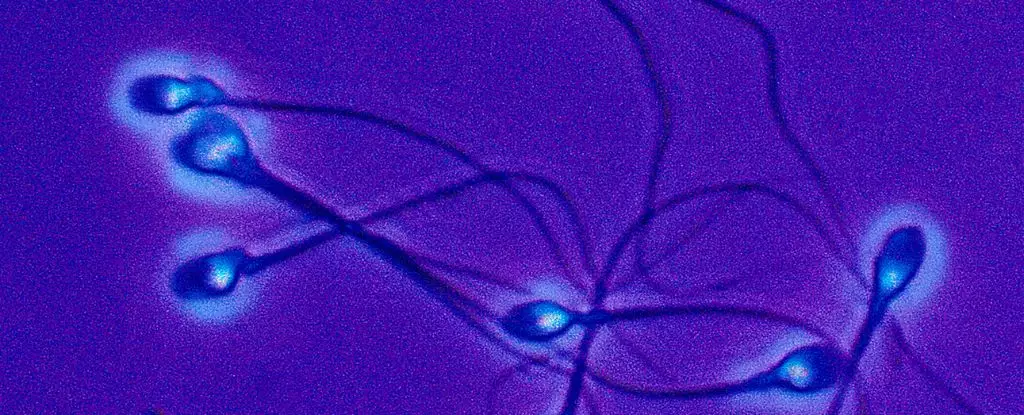Human papillomavirus (HPV) is commonly associated with cervical cancer in women, but recent research from Argentina suggests that it can also have detrimental effects on male fertility. The study conducted by researchers from the National University of Córdoba highlights the correlation between high-risk strains of HPV and decreased sperm quality, inflammation in semen, and impaired immune response. This raises important questions about the broader impact of HPV on male reproductive health.
The study included semen samples from 205 adult males, with results showing that individuals infected with high-risk HPV strains exhibited lower white blood cell counts, higher levels of reactive oxygen species, and decreased sperm quality compared to those with low-risk strains. These findings suggest that high-risk HPV genotypes may have a more significant negative impact on male fertility and the body’s ability to fight off the infection.
Historically, clinical tests for HPV have primarily focused on detecting the virus in cervical screens, leading to a lack of understanding of its effects on male bodies. Despite the known association of HPV with various cancers in men, including penile, anal, mouth, and throat cancers, vaccination efforts have predominantly targeted young female patients. Only recently have recommendations from organizations like the World Health Organization included males in routine HPV vaccinations.
Despite efforts to include males in HPV vaccination programs, disparities persist in vaccination rates between genders. Globally, only a small percentage of boys have received the full course of the vaccine, with some men expressing reluctance to receive the vaccine due to its historical association with women’s health. This hesitancy underscores the need for broader education and awareness about the risks of HPV on male fertility.
The study from Argentina sheds light on previously overlooked aspects of HPV’s impact on male fertility. By analyzing semen samples from unvaccinated male volunteers, researchers were able to identify significant changes in sperm quality and immune response in individuals with high-risk HPV strains. These findings emphasize the importance of further research into the potential implications of HPV on male reproduction and offspring health.
As HPV continues to be primarily viewed as a women’s health issue, the long-term consequences on male fertility are often underestimated. The rising rates of throat and penile cancers associated with HPV highlight the urgent need for comprehensive vaccination strategies that target all individuals, regardless of gender. By expanding vaccination efforts to include males and raising awareness about the impact of HPV on male fertility, we can work towards eradicating this common infection and its detrimental effects on reproductive health.


Leave a Reply